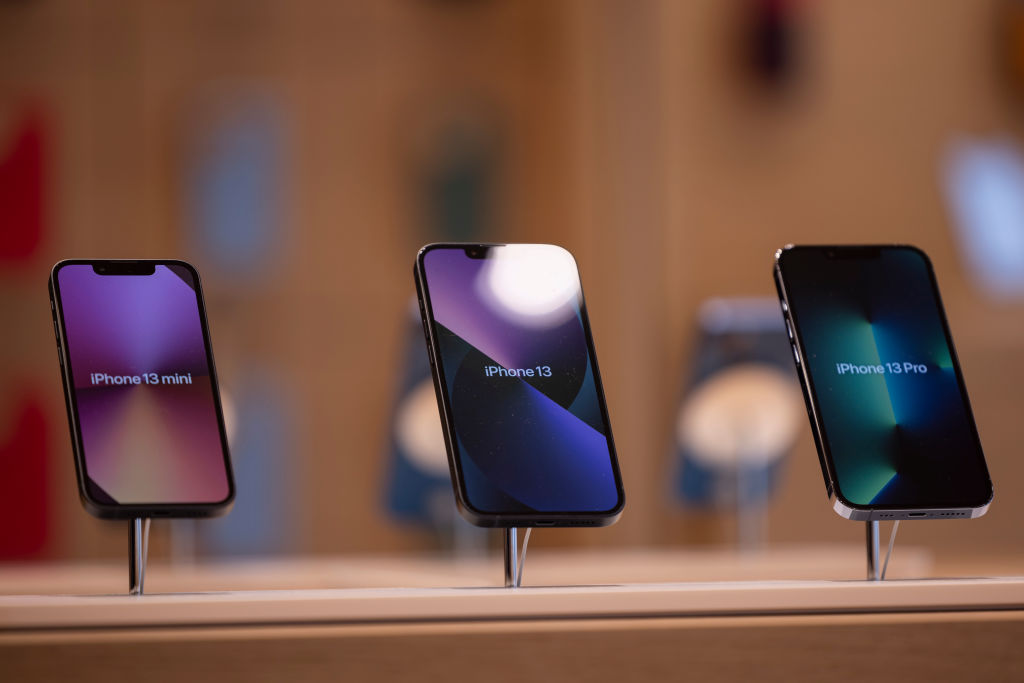With China’s communist government still acting very prickly in the wake of Speaker of the House Nancy Pelosi’s recent visit to Taiwan, Apple is urging its suppliers to make sure to label any shipments from Taiwan to China in strict compliance with the Chinese customs regulations regarding how the island is named.
It’s a critical time for Apple, as it prepares to launch the next generation of iPhones this fall, and suppliers are currently assembling various components for the new smartphones.
According to a report by Nikkei Asia, Pelosi’s visit “stoked fears of rising trade barriers,” making Apple nervous about “possible disruptions” if crucial shipments are delayed or even blocked in customs due to a failure to appease China’s labelling demands:
Apple told suppliers on Friday that China has started strictly enforcing a long-standing rule that Taiwanese-made parts and components must be labeled as being made either in “Taiwan, China” or “Chinese Taipei,” sources familiar with the matter told Nikkei Asia, language that indicates the island is part of China…
Using the phrase “Made in Taiwan” on any import declaration forms, documents or cartons could cause shipments to be held and checked by Chinese customs, the sources added. Penalties for violating such a rule is a fine of up to 4,000 yuan ($592) or, in the worst-case scenario, the shipment being rejected, one of the sources said.
This presents a dilemma for suppliers who need to ship materials, components or parts from Taiwan to China, however, as the democratically governed island also requests that all exports be labeled with product of origin, which means they must carry the words “Taiwan” or “Republic of China,” the island’s official name, according to suppliers and logistics companies.
It’s not a hypothetical problem, but rather an issue that is already happening. Shipments from Taiwan to facilities operated by Pegatron, an iPhone assembler, in Suzhou, China were “held for review” Thursday while Chinese officials inspected the import declaration forms and cartons to determine if they were labeled “Taiwan” or “Republic of China,” Nikkei Asia reported.
A senior Pegatron executive was among several Taiwanese chip industry corporate leaders who attended the lunch with Pelosi that was hosted by Taiwanese President Tsai Ing-wen Wednesday, the report noted, perhaps highlighting another reason the company found itself under increased scrutiny.





Recommended Comments
Join the conversation
You can post now and register later. If you have an account, sign in now to post with your account.
Note: Your post will require moderator approval before it will be visible.